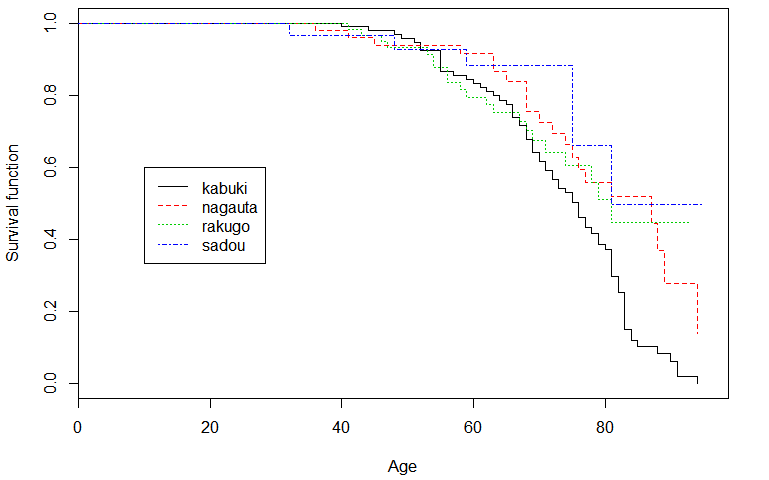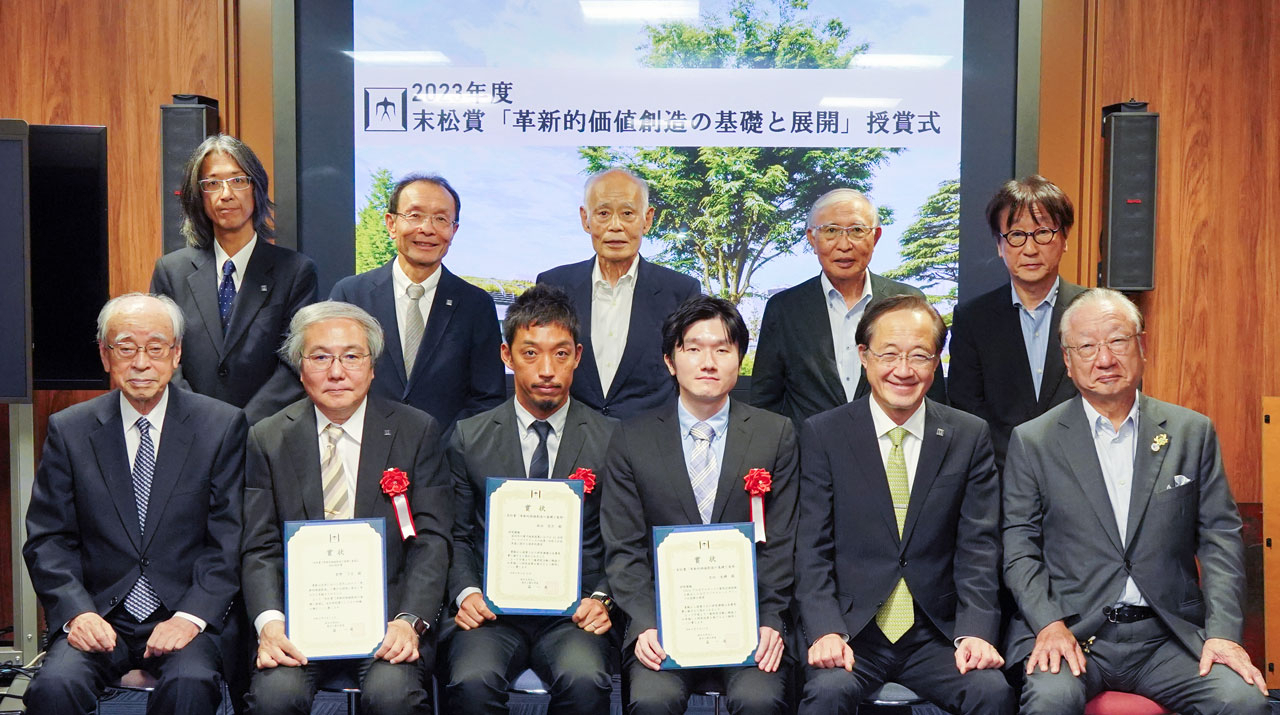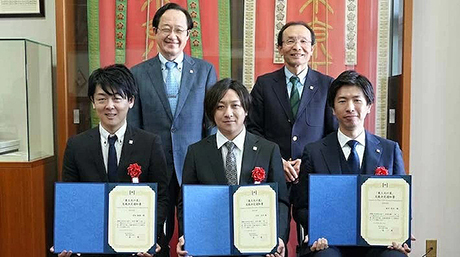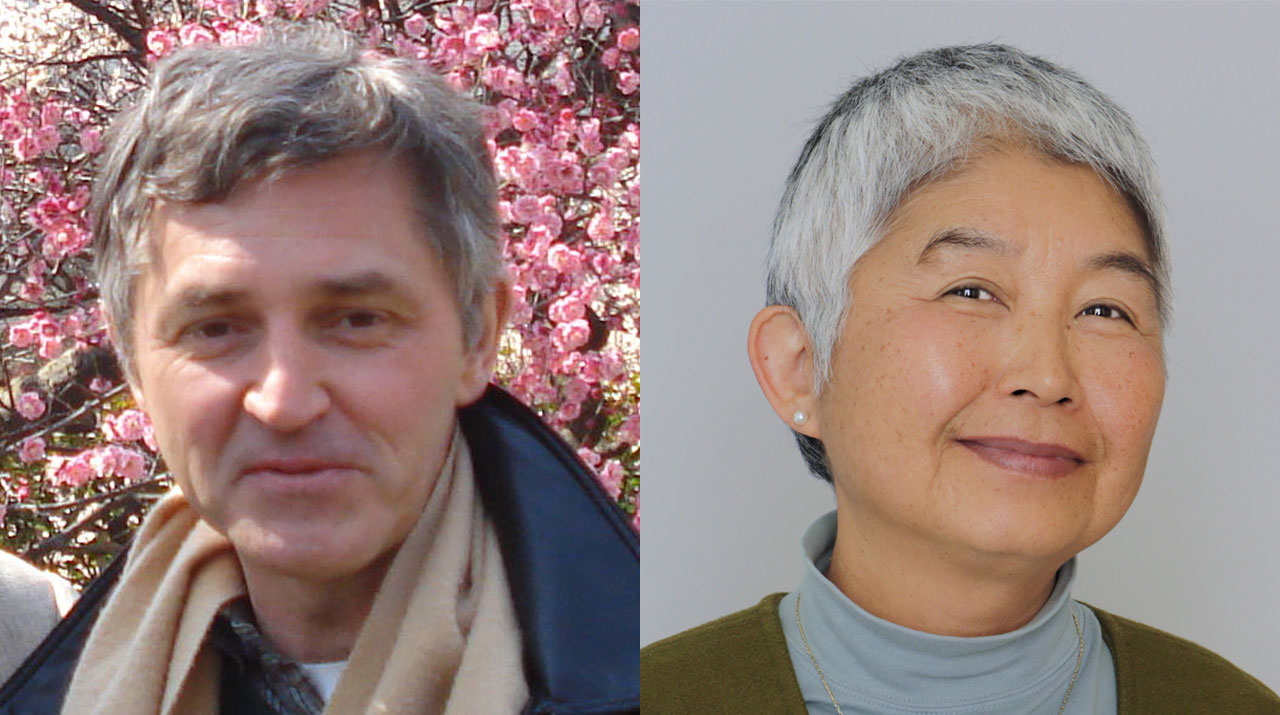Social and Human Sciences News
Strenuous daily exercise may shorten, not prolong, longevity
By analyzing longevity data for professional Japanese traditional artists, researchers at Tokyo Institute of Technology (Tokyo Tech) have found that Kabuki actors, known for their vigorous movements, surprisingly had shorter lifespans compared with other traditional arts performers who lead mostly sedentary lifestyles. The findings suggest that job-related strenuous exercise throughout life may not necessarily extend longevity.

Figure 1. Survival function of traditional arts performers born after 1901
Kabuki artists showed lower survival compared with the other three types of traditional arts performers (based on data of Hayashi and Kezuka, Lifespan of Japanese traditional artists Harvard Dataverse, V1, 2020).
Frequent exercise is often touted as key to leading a long and healthy life. But few studies have delved into comparisons in longevity between those who partake in vigorous physical activity and those who lead mostly sedentary lifestyles as a result of their occupation throughout their lives.
Now, Naoyuki Hayashi and Kazuhiro Kezuka of Tokyo Tech's Institute of Liberal Arts have conducted an unusual study that calls into question the idea that vigorous daily exercise positively correlates with longevity.
They compared the lifespans of four different groups of Japanese traditional arts performers by examining data from a total of 699 professional male artists, both living and dead, whose birth and death records are all publicly available. They hypothesized that Kabuki actors would lead longer lives owing to the high-level physical activity involved in their theatrical performances, compared with Sado, Rakugo and Nagauta practitioners, who are known to perform tea ceremonies, recount comic stories and play musical instruments while sitting, respectively.
Using a method called Kaplan―Meier analysis1, they found that contrary to expectations, the lifespan of Kabuki actors was shorter than that of the other three types of traditional artists. (See Figure 1.)
The researchers postulate that one reason for the shorter lifespans of Kabuki artists could be that excessive endurance training and physical activity overwhelms the beneficial aspects of regular physical exercise. Another reason might be that in the past, Kabuki actors have often worn oshiroi (white powder used for make-up) containing lead, which carries a significant health risk. The use of oshiroi was only banned in Japan in 1934.
The researchers point out their study is not without limitations. For example, the data examined male-dominated professions only, and therefore does not give a portrayal of population-wide longevity including females.
Further work would be needed to evaluate the optimal amount of exercise for protecting health. The possibly beneficial effects of "non-exercise" activities such as speaking, singing and playing musical instruments would also need further exploration.
Overall, the researchers say their study represents "a novel way of extracting information from publicly available data" and "contributes to the global trend in addressing reproducibility in science."
- Technical terms
A method of investigating the probability of survival over time for a given group of subjects. In medical settings, it is used to determine the fraction of patients surviving for a certain amount of time after treatment.
- Reference
| Authors : | Hayashi, N.1,2 and Kezuka, K.1,2 |
|---|---|
| Title of original paper : | The influence of occupation on the longevity of Japanese traditional artists |
| Journal : | Palgrave Communications 6:98 (2020) |
| DOI : | 10.1057/s41599-020-0476-6 |
| Affiliations : |
1 Institute for Liberal Arts, Tokyo Institute of Technology, Ookayama 2-12-1-W9-1, Meguro 152-8552, Japan. 2 Department of Social and Human Sciences, Tokyo Institute of Technology, Ookayama 2-12-1-W9-1, Meguro 152-8552, Japan. |
- Ready for a close-up: The science behind face massage rollers | Tokyo Tech News
- Something to chew on: how low-energy gum may help with your waistline | Tokyo Tech News
- Savoring meals increases energy expenditure after meal intake | Tokyo Tech News
- Weight management benefits from savouring meals | Tokyo Tech News
- How tastes are linked with facial expressions | Tokyo Tech News
- Naoyuki Hayashi - What is "health"? ― A unique look at exercise and nutrition | Research Stories | Research
- H Lab (Japanese)
- Researcher Profile | Tokyo Tech STAR Search - Naoyuki Hayashi
- Researcher Profile | Tokyo Tech STAR Search - Kazuhiro Kezuka
- Latest Research News
Institute for Liberal Arts
—Connecting Science and Technology with Society—
Information on Institute for Liberal Arts inaugurated in April 2016
Further Information
Professor Naoyuki Hayashi
Institute for Liberal Arts, Tokyo Institute of Technology
Email naohayashi@ila.titech.ac.jp
Tel +81-3-5734-3434






